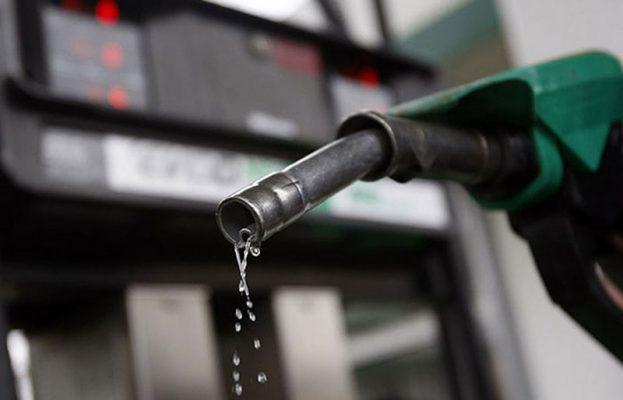Bolt, Uber drivers set to abandon business over fuel price hike
Story from Christine TOBECHUKWU
The publicity secretary of the Amalgamated Union of App-based Transport Workers of Nigeria (AUATWON) has said members of the organisation are planning to boycott the top e-hailing firms in the country, Uber and Bolt due to their refusal to allow collective bargaining by drivers.
The Publicity Secretary of the union, Kossy Olawale, disclosed this in an exclusive interview with Punch.
The organisation comprises drivers under e-hailing firms such as Bolt and Uber.
READ ALSO: Fuel Hike: Bolt, Uber drivers shut down services in Lagos, Cross River, other states
According to Olawale, AUATWON members are faced with unprecedented levels of hardship in the wake of the removal of fuel subsidies and the attendant rise in gasoline costs.
Olawale also stated that efforts to get the app-based firms to implement fare hikes to commensurate with the new price of fuel had proved abortive.
He added that despite the recent increase in fuel price from N488 to N617, the app-based companies had refused to review fare prices, leaving the drivers to run at a loss.
He said, “The union is looking at various alternatives. We are asking for government support. We are also looking at an alternative way of doing our business, looking at other app companies that are ready to partner with us, that are ready to work with our template, which would be fair to us and our users. We are looking at that.”
Olawale also noted that apart from the refusal to review their fares to meet the current reality, the top app-based companies proceeded to lodge a petition against the drivers at the Ministry of Labour and Productivity.
He stated, “These two companies (Bolt and Uber) raised a petition against AUATWON, demanding to change our name with the intention to remove the ‘workers’ and insert ‘drivers’ on the ground that we are not workers, as against the approval letter granted by the Minister of Labour in January.”
Also, to cushion the effect of the subsidy removal, the union said it was calling on the Federal Government to support its members in the area of grants to explore the alternative fuelling that experts had introduced in CNG.
Meanwhile, in an e-mailed response to The PUNCH, Bolt said that it empathised with both its drivers and riders, recognising the significant economic challenges posed by rising fuel prices.
The company further added that it is dedicated to assessing the impact of the recent fuel price increase and implementing necessary measures to minimise any adverse effects on all stakeholders.
It said, “We understand the concerns surrounding the recent fuel price increase and its potential impact on the attractiveness of the ride-hailing industry in Nigeria.
“However, we are resolute in addressing these issues head-on and ensuring they do not compromise the well-being of our drivers and riders. Our determination to find sustainable solutions and enhance the overall appeal of the Nigerian ride-hailing market remains unwavering”.
Responding on behalf of Uber, the Country Manager, Tope Akinwumi, said that the company had implemented new measures to help drivers on its platform cushion the impact of increased fuel prices.
“We remain committed to conducting thorough reviews to ensure our drivers receive the best earnings on our platform, maintain our position as the most affordable and preferred choice for riders, and ensure the long-term sustainability of our business,” Akinwumi noted.
“Last month we increased Uber fares twice and lowered our service fee to help drivers with the recent spike in operating costs.
We will continue to monitor the situation closely to ensure Uber remains economically viable for drivers and affordable for riders”.
“We increased Uber fares on the 3rd and 9th of June to help drivers with the higher cost of fuel and other operating costs we’ve seen recently.
At the same time, we’ve lowered Uber’s service fee from 25 per cent to 20 per cent to ease the burden on drivers.”
Follow the Neptune Prime channel on WhatsApp: https://whatsapp.com/channel/0029Va74ZvU2v1IqKByXoX3d
Do you have breaking news, interview request, opinion, suggestion, or want your event covered? Email us at neptuneprime2233@gmail.com


